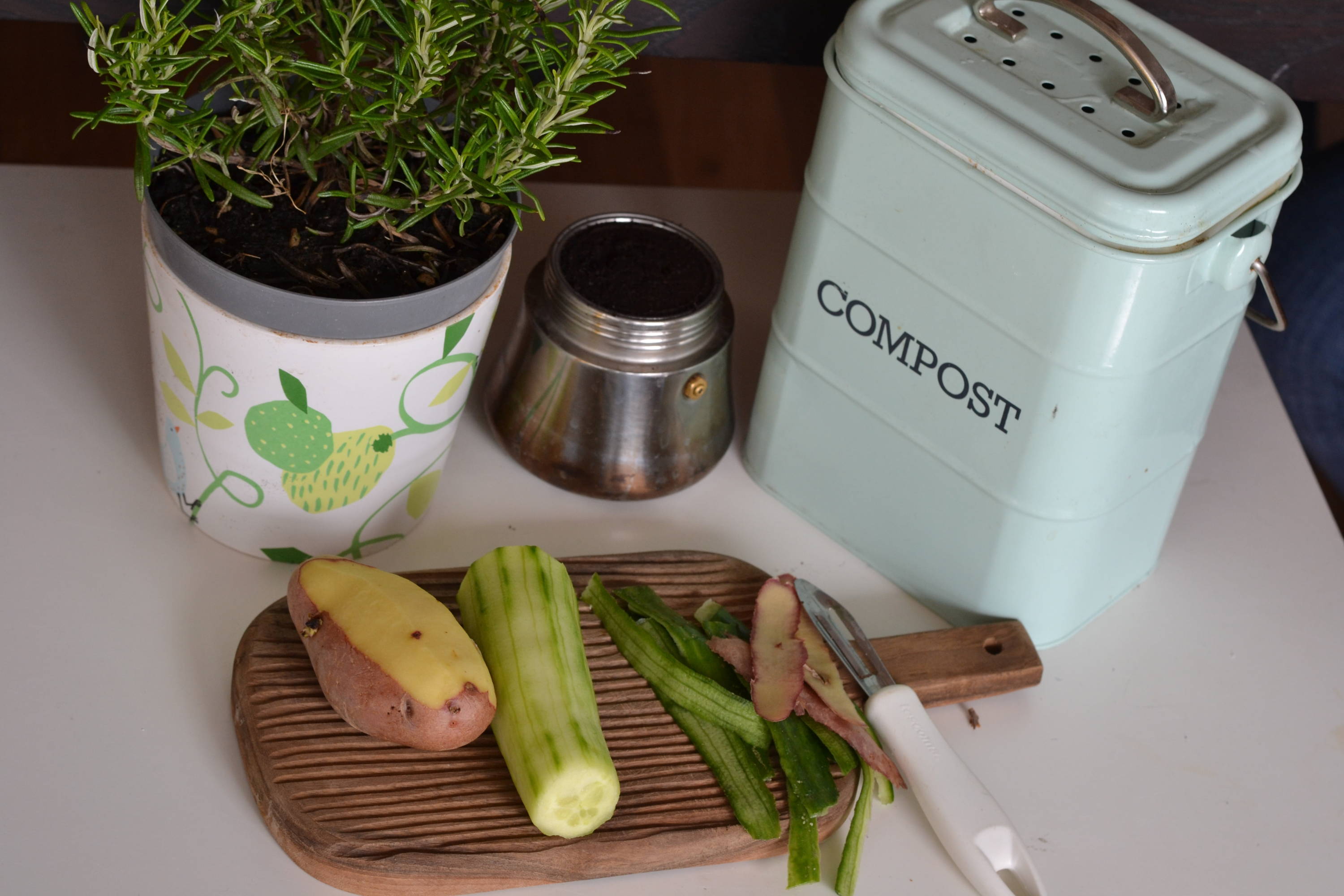On the philosophy of reuse (plastic-free edition)
On the philosophy of re-use
(plastic-free edition)

Recycling plastic is one of the basic principles of green living. To reduce landfill waste and prevent environmental degradation, environmental activists and occasional recyclers alike have adopted creative ways to recycle plastic. In many parts of the world, it is even required by law.
But there is a new perspective on the horizon, one that focuses on the root of the current global plastic consumption crisis: reuse. While recycling aims to waste fewer resources and prevent items from going to landfill, reuse attempts to reframe the concept of "waste".
What is reuse, then, and how can it be put into practice for a plastic-free lifestyle? Reuse emphasises products designed for multiple or unlimited use. It is not only a way to change our relationship with plastic and the environment, but also has effects on the economy and the concept of green living.
After all, nature is constantly reusing its own resources. Here are five ways you can do the same.
Reflecting on consumption
Reuse is both a philosophy and a practice. When we recycle, we reduce the amount of waste in land and marine landfills. However, the main problem remains our consumption of plastic. Recycling is a waste-responsive solution and, while it is a great measure, it still requires time, energy and resources.
Reusing is cheaper in terms of labour and requires fewer resources, which means we spend less and save more. Two great examples are aluminium water bottles and cloth napkins. Aluminium is an environmentally friendly material as it requires few resources to produce. Moreover, the bottles can be reused for years after production. As for cloth napkins, they are easy to wash and are also available in a variety of environmentally friendly fabrics such as bamboo, Tencel and linen.
Recycling is a waste-responsive solution and, while it is a great measure, it still requires time, energy and resources.
Insisting on Quality
From a reuse point of view, quality purchases are important as these products are designed to last a long time. Again, reuse challenges our beliefs about consumption: we don't need to buy more often, we need to buy smarter.
Higher quality items last longer and also tend to be more earth-friendly. For example, skin care products can be bought cheaply almost anywhere. However, it is one of the "dirtiest" industries in terms of plastic consumption, resources used for long-distance transport and pollution during product manufacturing.
Opting for higher quality hygiene products reduces environmental impact, and not necessarily at a higher price. As always, be sure to look for local producers.
Buy food in bulk
Most of the time, we go for convenience and low prices in our shopping. However, one of the easiest ways to adopt a reuse-based lifestyle is to buy food in bulk. Although not very common, it is one of the most robust reuse solutions.
Direct wholesale minimises plastic packaging and transportation by cutting out middlemen. Because products go directly to consumers, prices are lower. In addition, retailers selling groceries in bulk encourage people to bring their own containers, which minimises single-use packaging at the retail level. [D / plastic packaging]
Shoppers can use containers made of reusable materials such as glass, paper, aluminium, stainless steel, bamboo and beech wood to buy and store products such as cereals, fruit and vegetables, as well as liquids such as laundry detergent and dishwashing soap.
Knowing the brands
Adopting a lifestyle based on reuse requires consumers to rethink their purchasing habits, such as buying food in bulk. It also asks them to take a closer look at the companies they buy from. Some brands strive to prioritise green living at every step, from production to transport to packaging materials.
So what aspects of companies should consumers pay attention to before buying a reusable product? Firstly, look at the visibility of the supply chain, which should prioritise sustainable materials and renewable energy at all levels. Secondly, look at the lifetime of the product; how long will it last? Remember that reuse emphasises multiple or, preferably, unlimited use. Finally, look for transparency from companies: companies that are committed to reuse are proud of it.
Taking an inventory
So far, we have talked about the philosophy of reuse, as well as some ways in which it can be applied in everyday life. But how can we be a little more precise when it comes to reuse, especially in the home? It's a lot easier than most people think.
Here are five examples that you can start applying today:
Bring your own glass or silicone containers to restaurants to take leftovers home.
Instead of large plastic bins, opt for baskets made of woven materials for storage.
Brew your morning coffee at home with a reusable filter (stainless steel is a great option).
Opt for microfibre cloths for dusting, scrubbing and polishing. You can also find it for make-up removal products.
Swap cotton swabs for reusable silicone swabs
